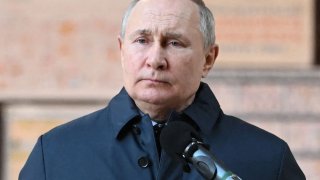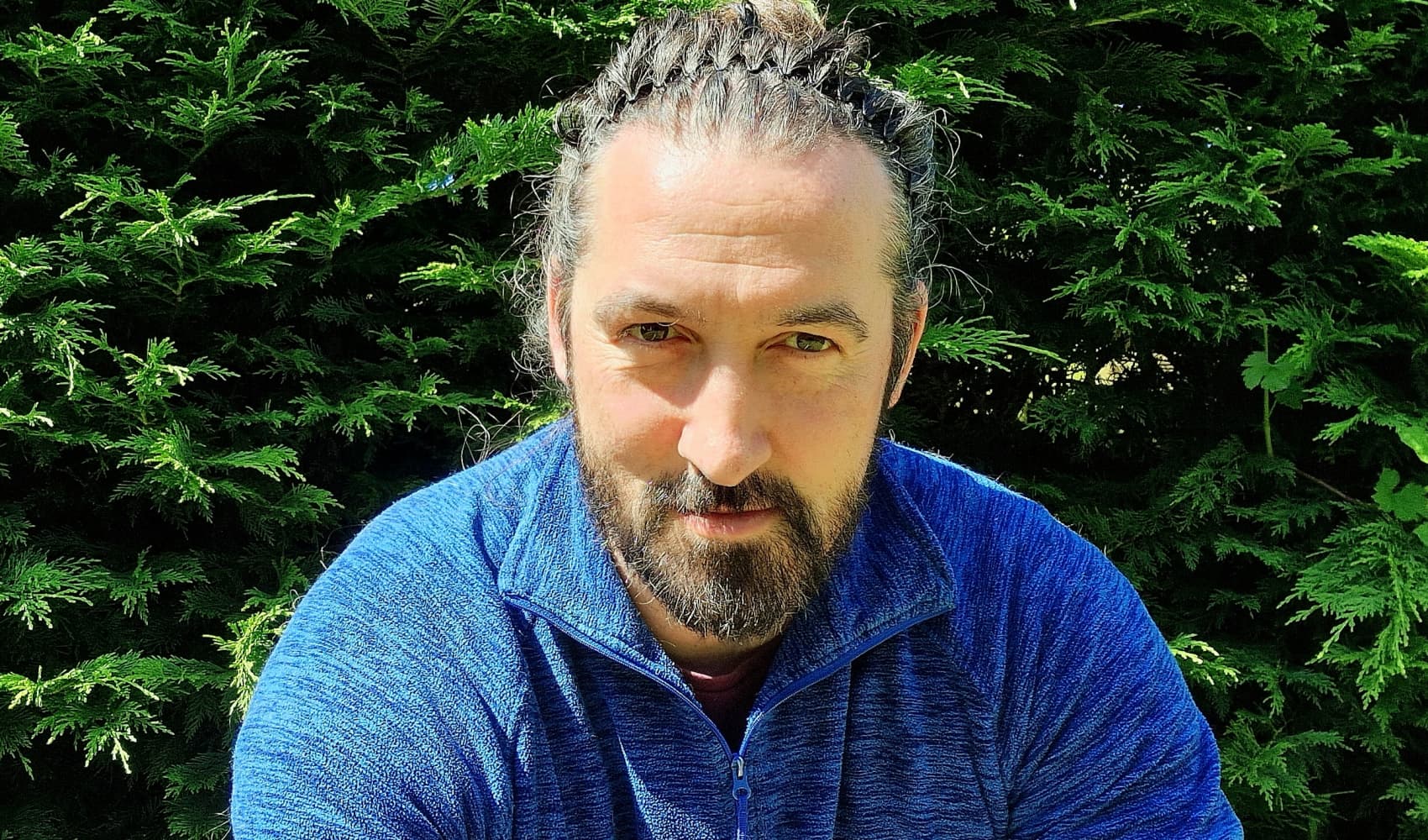
- Russian President Vladimir Putin feels he was misled by military leaders who did not tell him key details about the botched invasion of Ukraine, newly declassified intelligence shows.
- The failure to tell Putin what was really happening has "resulted in persistent tension between Putin and his military leadership," a top White House official said.
- The decision to declassify and release the information is the latest example of the Biden administration's use of a novel tactic tailor made for the hybrid warfare age: Acquire top secret intelligence about Putin's plans and then tell the whole world about it.
WASHINGTON — Newly declassified U.S. intelligence indicates that Russian President Vladimir Putin feels he was misled by military leaders who did not tell him key details about the botched invasion of Ukraine because they feared angering him, top Biden administration officials said Wednesday.
"We believe that Putin is being misinformed by his advisers about how badly the Russian military is performing and how the Russian economy is being crippled by sanctions, because his senior advisers are too afraid to tell him the truth," White House communications director Kate Bedingfield told reporters.
Get Philly local news, weather forecasts, sports and entertainment stories to your inbox. Sign up for NBC Philadelphia newsletters.
This failure to tell Putin what was really happening has "resulted in persistent tension between Putin and his military leadership," she said.
Earlier in the day, a U.S. official told NBC News that Putin "didn't even know his military was using and losing conscripts in Ukraine, showing a clear breakdown in the flow of accurate information to the Russian President."
Neither the White House nor the Pentagon would say how American intelligence agencies learned what Putin was, and was not, being told during highly sensitive and presumably secure meetings with his military advisers.
Money Report
But the decision to declassify and release the information now was the latest example of the Biden administration's use of a novel tactic that seems tailor made for the hybrid warfare age. It has acquired top-secret intelligence about Putin's plans and then told the whole world about it, breaking with the old model of keeping classified information locked away.
Several times already, the White House has taken this previously unheard of step, declassifying information about Putin's secret invasion plans and releasing it to the public. And each time, it has been proven accurate.
"So far, the White House intelligence on Ukraine has been spot on," said Scheherazade Rehman, director of the European Union Research Center at George Washington University. "No one believed Biden when he said they were going to invade, even in the United States. But they did."
"In this particular area, U.S. intelligence is on its game," she told CNBC recently.
The revelation about tensions between Putin and his top brass came at a pivotal time for Ukraine. The Kremlin appears to have shifted strategies after failing to achieve its initial ambition: to topple Ukraine's government and install a puppet regime.
Now, Russian defense officials claim that their primary goal in sending 190,000 troops into Ukraine last month was never to occupy it, but merely to "protect" Russian-speaking Ukrainians in the country's far east.
To that end, they say, they are repositioning troops who have spent the past month trying to surround Kyiv to points farther east and closer to Russian-controlled areas.
The Biden administration has for weeks stressed the need to avoid escalating the conflict, currently between Urkaine and Russia, into a clash between the world's two largest nuclear armed powers: Russia and the United States.
On that front, releasing intelligence like the details announced Wednesday, which strongly suggests the U.S. has a mole in Putin's inner circle, represents a calculated risk.
"If Mr. Putin is being kept in the dark by his Ministry of Defense, when he does learn the truth, when he actually begins to realize how badly his military is doing in Ukraine, you don't know what kind of reaction that's going to cause in him," said Pentagon press secretary John Kirby. "There's a real potential here for escalation."
Western officials will watch closely in the coming days to see whether more Russian troops move to eastern Ukraine, and whether Russia expands its military draft to conscript more soldiers. Putin is expected to make that decision by April 1.
Still it's unclear whether more soldiers would give the Kremlin a strategic advantage over the passionate, mobilized Ukrainian resistance.
"No amount of spin can mask what the world has witnessed over the past month," Kirby said at a briefing Tuesday. "And that's the courage and the military prowess of Ukraine's armed forces and its people."
This is breaking news. Please check back for updates.






